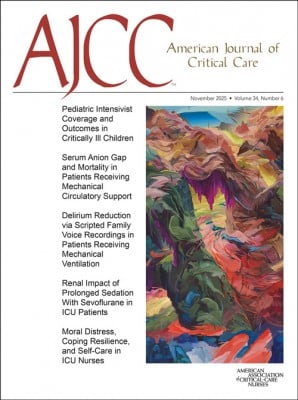New research from New York University reveals a groundbreaking method to combat ICU delirium. Just announced, the study shows that critically ill patients on mechanical ventilation who received hourly recorded messages from family members experienced a remarkable 50% reduction in delirium risk.
This innovative approach, which provides essential reorientation information throughout the day, is a game-changer for healthcare. As hospitals grapple with high rates of delirium among ICU patients, these findings underscore the urgent need for emotional and psychological support in critical care settings.
The study, conducted in 2023 and involving several ICU patients, highlights the positive impact of familiar voices during the vulnerable hours of recovery. Health professionals stress that these recordings help patients connect with loved ones, reducing anxiety and confusion, which are often precursors to delirium.
“Our findings confirm that family engagement is crucial in the ICU. It not only aids in mental clarity but also promotes faster recovery,” said Dr. Sarah Thompson, the lead researcher. These developments are especially urgent as hospitals face increased patient loads and limited resources.
What happens next? Hospitals are encouraged to implement such programs as part of their standard care protocols. With the potential to significantly improve patient outcomes, this practice may soon become a staple in ICUs worldwide.
The emotional impact of this research cannot be overstated. Families, often distressed by the sight of loved ones in critical care, can now play an active role in their recovery. This simple yet profound intervention may pave the way for a new standard in patient care, fostering hope and connection during the most challenging times.
Stay tuned for further updates as this story continues to unfold and more healthcare institutions adopt these life-saving practices.







